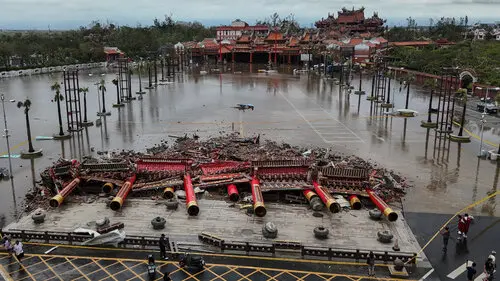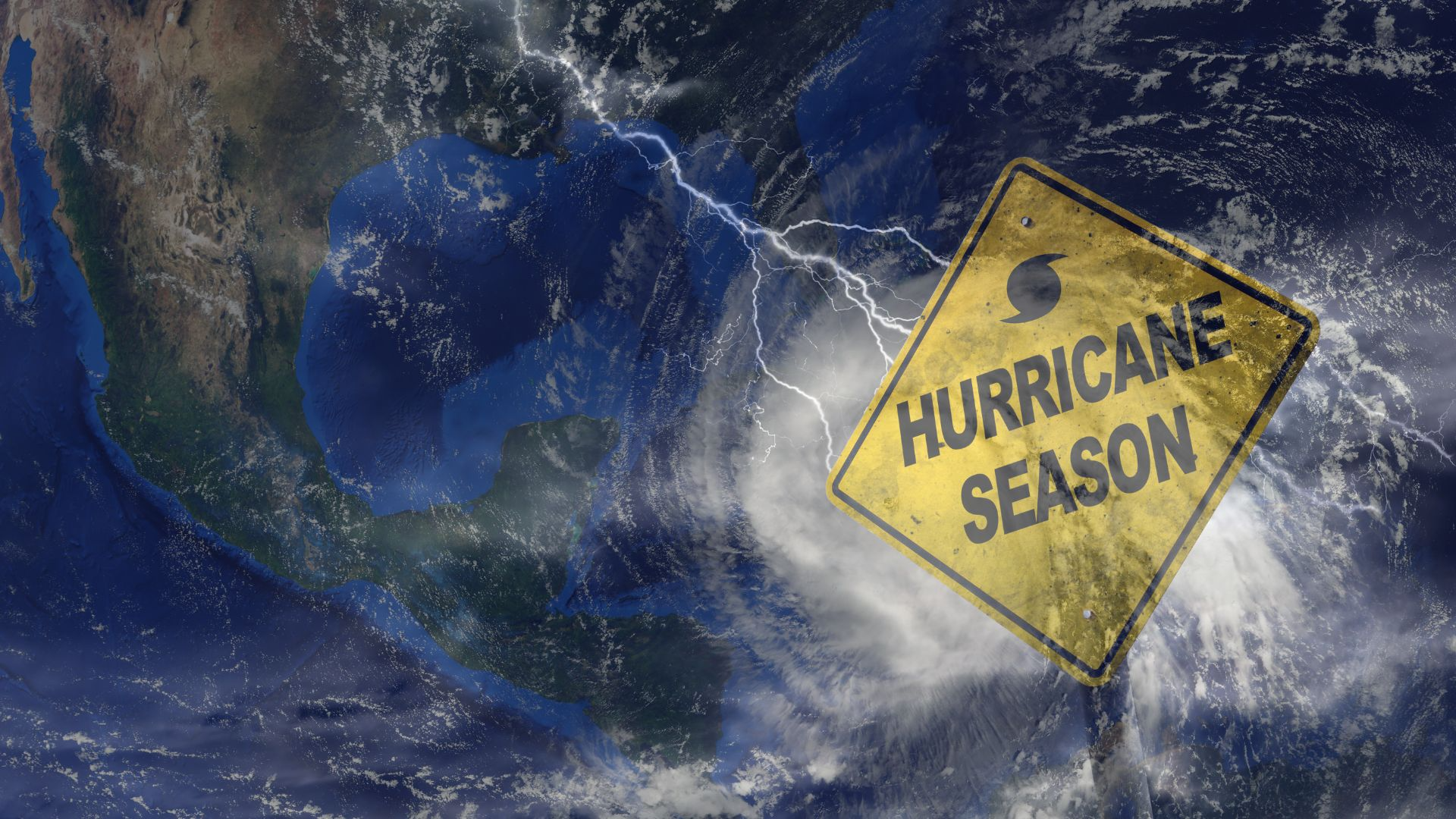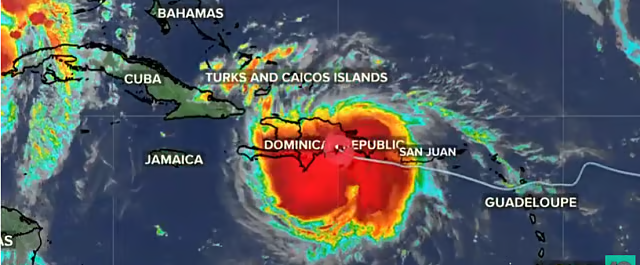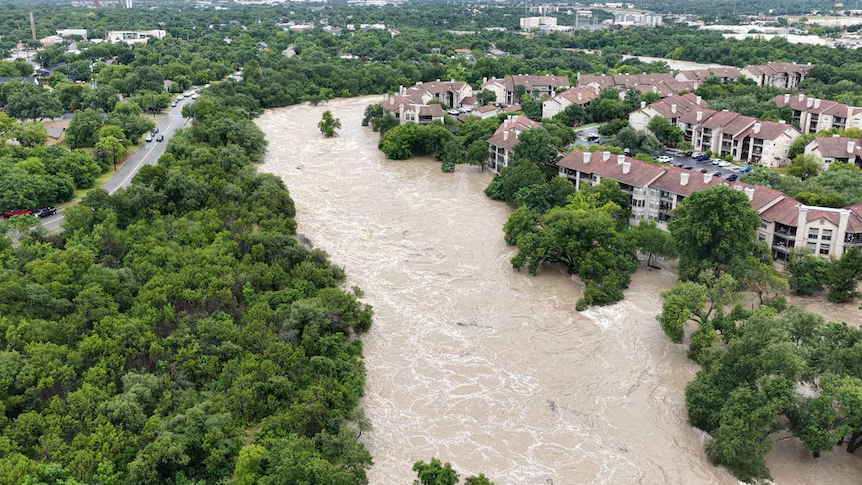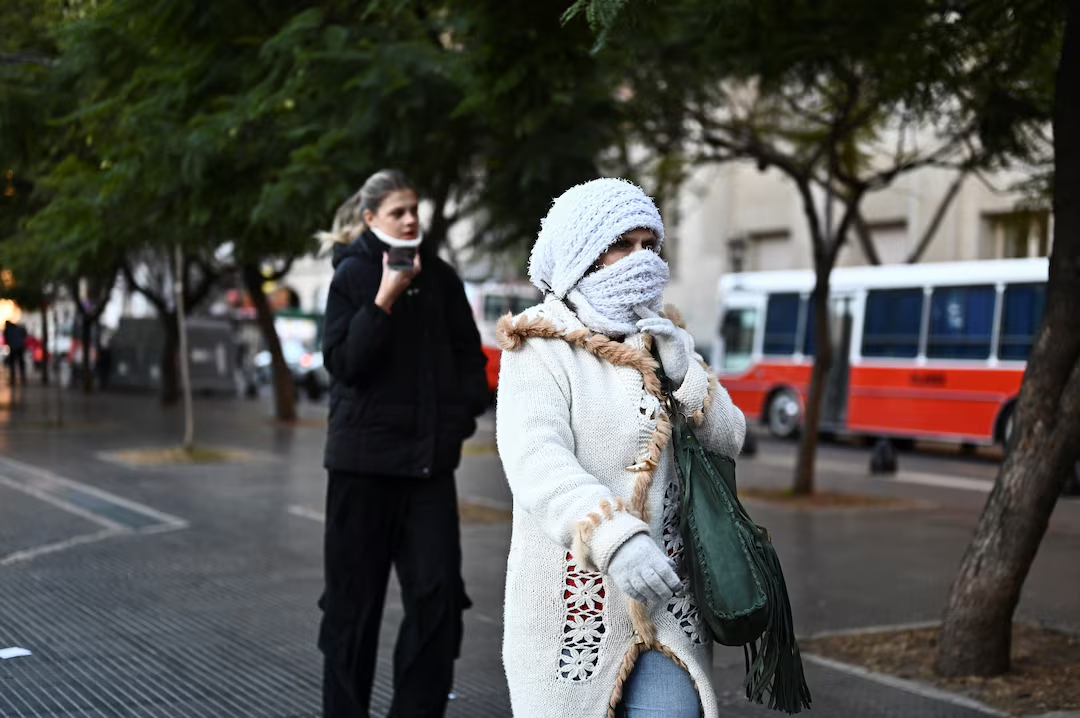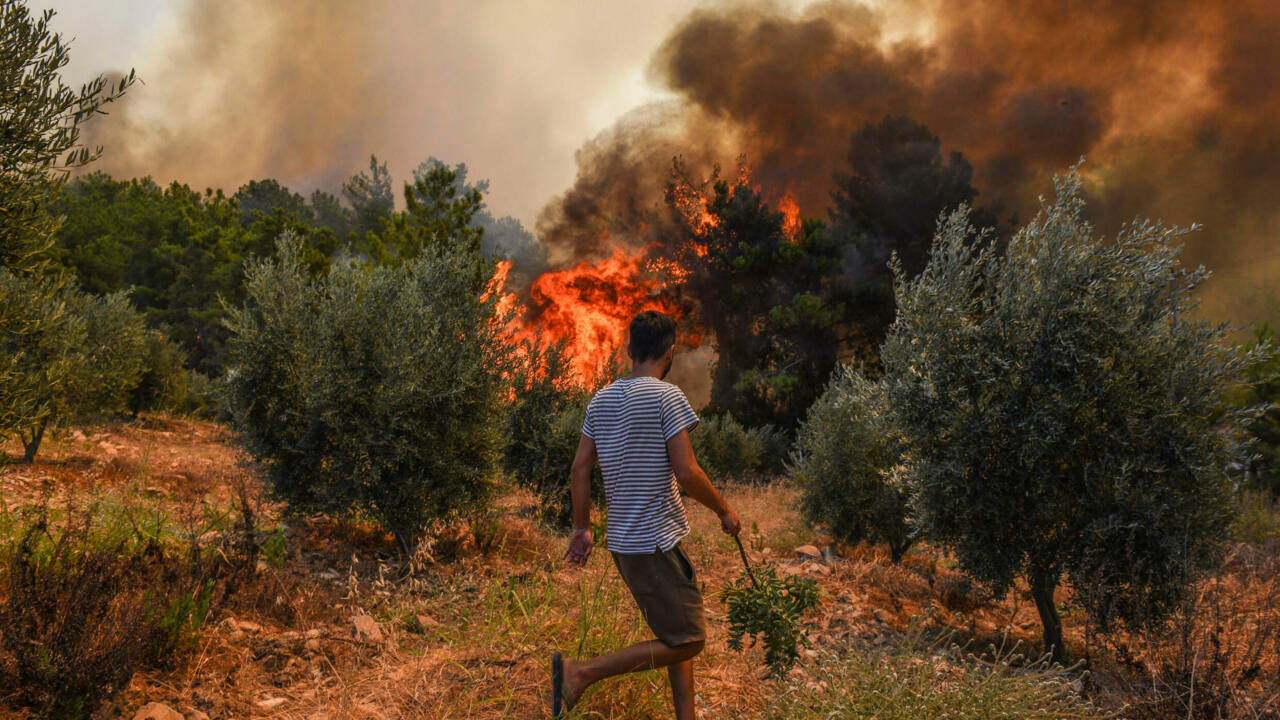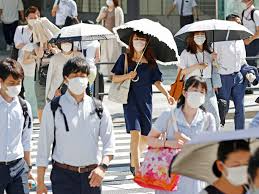
Tokyo Issues Heatwave Warning as Temperatures Soar Beyond 38°C, Authorities Urge Extreme Caution
Japanese authorities have issued an urgent heatwave warning for Tokyo and surrounding prefectures as the capital city grapples with dangerously high temperatures amid an intense summer heat spell. On Tuesday, Tokyo recorded a scorching 38.6°C (101.5°F), with meteorologists warning that the mercury could climb even higher in the coming days.
The Japan Meteorological Agency (JMA) has raised the heat risk level to “Severe”, cautioning residents about increased risks of heatstroke, dehydration, and respiratory issues, especially for vulnerable populations such as the elderly, young children, and people with pre existing health conditions.
Record Breaking Heat Across Kanto Region
The heatwave, which has gripped much of Japan’s Kanto region, is the longest and hottest in July since records began, according to JMA data. Over 120 cities and towns across Japan have reported daytime highs exceeding 35°C, qualifying as "extremely hot days" under Japanese classification.
Tokyo’s urban heat island effect has exacerbated the situation, with nighttime temperatures refusing to drop below 29°C, giving residents little relief even after sunset. Hospitals across the city have seen a surge in heat related emergency admissions, with over 1,100 people hospitalized in the last 48 hours alone, and at least five deaths reported in connection with heatstroke.
Public Health and Emergency Measures
In response to the escalating situation, the Tokyo Metropolitan Government has activated its Heat Emergency Response Plan, which includes
Opening air conditioned public cooling centers in community halls and libraries
Extending hours at medical clinics and urgent care centers
Distributing free bottled water and electrolyte packets at subway stations and public parks
Broadcasting heat alerts and hydration reminders across mobile networks and train stations
“We urge everyone to limit outdoor activity between 10 a.m. and 4 p.m., stay hydrated, and check regularly on neighbors, especially seniors living alone,” said Governor Yuriko Koike in a press briefing. She also asked employers to allow flexible or remote work arrangements to reduce commuting stress.
Power Grid and Infrastructure Under Strain
The unrelenting heat has also placed enormous stress on Tokyo Electric Power Company (TEPCO)’s grid, with electricity usage reaching 96% of peak capacity on Monday. Authorities have asked residents to conserve electricity without compromising cooling, such as using fans in combination with air conditioning and avoiding unnecessary appliance use during peak hours.
Train systems have also been impacted. Heat induced track warping led to temporary service reductions on some lines of the Tokyo Metro and JR East, while road maintenance crews battled asphalt buckling in outer districts like Setagaya and Suginami.
Experts Point to Climate Change Influence
Meteorologists and climate scientists have linked the severity and frequency of Japan’s heatwaves to global climate change, noting that summer temperature averages in Tokyo have risen by more than 2.5°C since 1970. A combination of warmer Pacific air masses, urbanization, and reduced vegetation in urban zones has accelerated warming trends in the region.
Dr. Hiroshi Tanaka, a climatologist at the University of Tokyo, warned, “We’re seeing the new normal of Japanese summers. These extreme events are no longer outliers they’re becoming seasonal expectations.”
Precautions and the Week Ahead
With the heatwave expected to continue through at least July 14, JMA predicts sustained highs of 37 39°C over the next five days. Schools and outdoor sports events are being cancelled or rescheduled. Marathon training groups and construction firms have also suspended midday operations.
Citizens are being advised to
Drink water regularly, even before feeling thirsty
Avoid alcohol and caffeine
Wear light, breathable clothing and use umbrellas or hats
Take frequent breaks in shaded or air conditioned spaces
Use cooling towels, portable fans, or cold compresses when outdoors
The Ministry of Environment has launched a nationwide campaign called “Cool Tokyo,” encouraging behavioral changes and awareness during the heat season. Online dashboards now show real time Heat Stress Index (WBGT) readings for each ward, helping residents gauge risk levels.
Outlook
While a weak typhoon system forming near the Philippines might bring cooler breezes by late next week, officials warn that heatwave conditions may return in August, typically the hottest month in Japan.
Until then, Tokyo is bracing for more extreme heat and reminding its 14 million residents that vigilance, adaptation, and community support are the best defenses against this silent summer danger.
Related Post
Popular News
Subscribe To Our Newsletter
No spam, notifications only about new products, updates.

